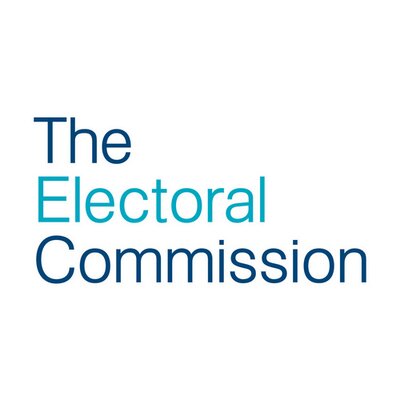
25 April 2017
The General Election – Understanding the Regulated Period
The Electoral Commission has published guidance for the regulated period for the General Election which is taking place on 8 June 2017.
The date of the General Election means that we are now in the regulated period, which impacts on the communications, activities and events that organisations can undertake in order to comply with the rules set out by the Electoral Commission.
The Government and civil servants will also enter purdah once parliament is dissolved. This means that only consultations which are considered essential will be published in the lead up to the election.
The regulated period means that organisations that wish to campaign in support of parties or candidates need to register with the Electoral Commission, if they spend over a certain amount of money on campaign activities deemed to constitute regulated activity by the Electoral Commission.
Organisations which are not intending to promote the success of parties or candidates must ensure they remain neutral and balanced.
To comply with the guidelines in external communications and day-to-day activities, organisations should:
– Ensure political balance: When organising their own activities and events, attending third party events, issuing press releases or publishing material, organisations should ensure no single political party is favoured or criticised in coverage, either expressly or through reasonable implication.
– Don’t compare and contrast: Political parties and their policies should not be ranked or compared like-for-like. This activity is specifically prohibited in the campaigning guidelines issued by the Electoral Commission.
– Refrain from identifying with one political party: Organisations should refrain from naming political parties in any statements.
For further information, please see the Electoral Commission non-party campaigners document.
This article is issued by Build UK in order to give general guidance only. If you have any questions on complying with the rules set out by the Electoral Commission, you should contact the Electoral Commission or seek your own independent professional advice.
